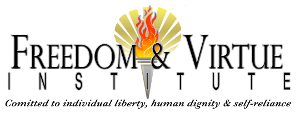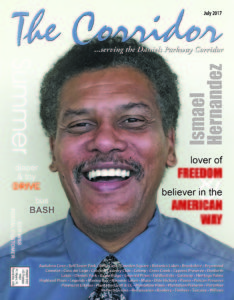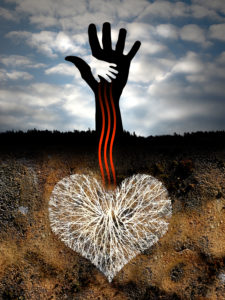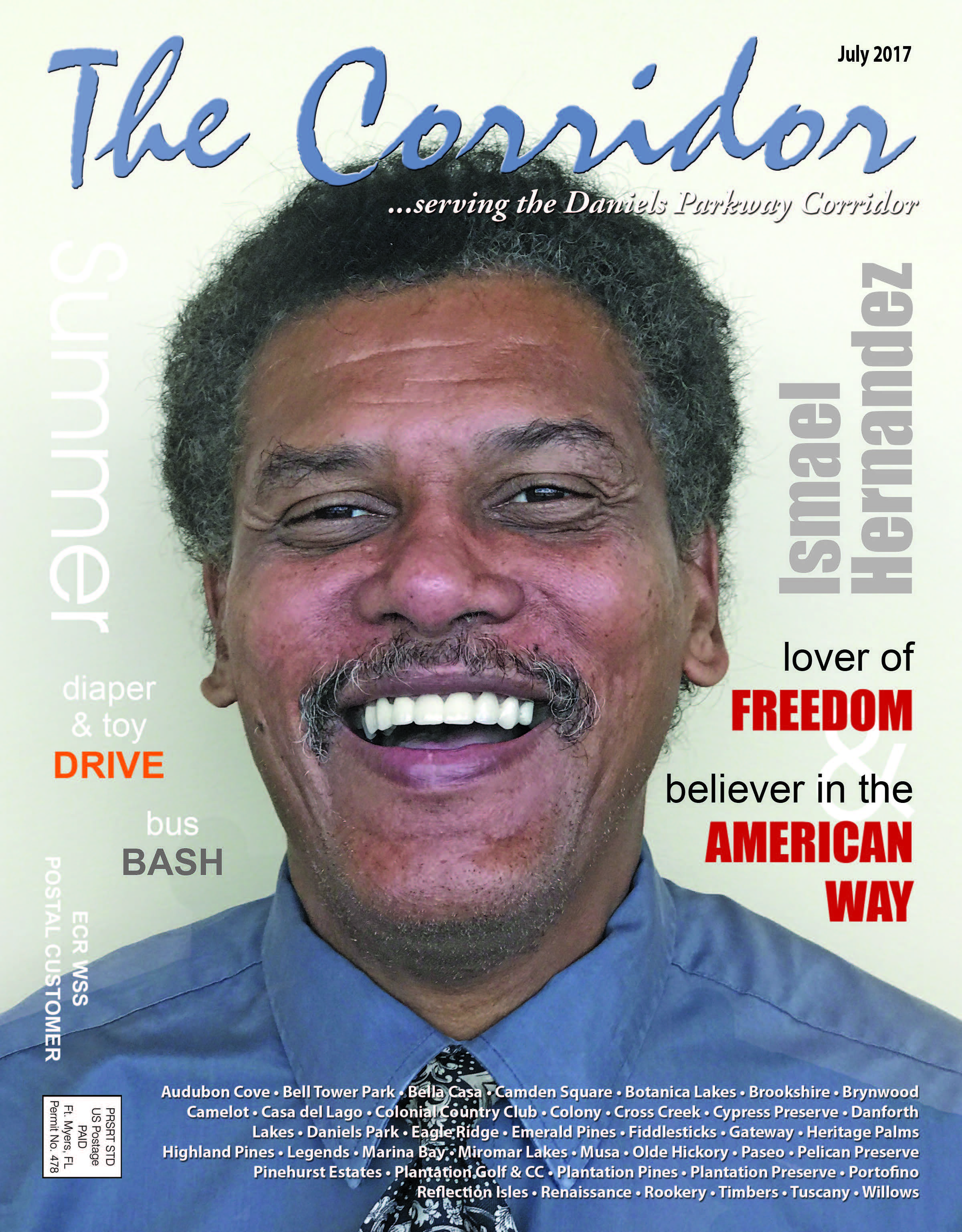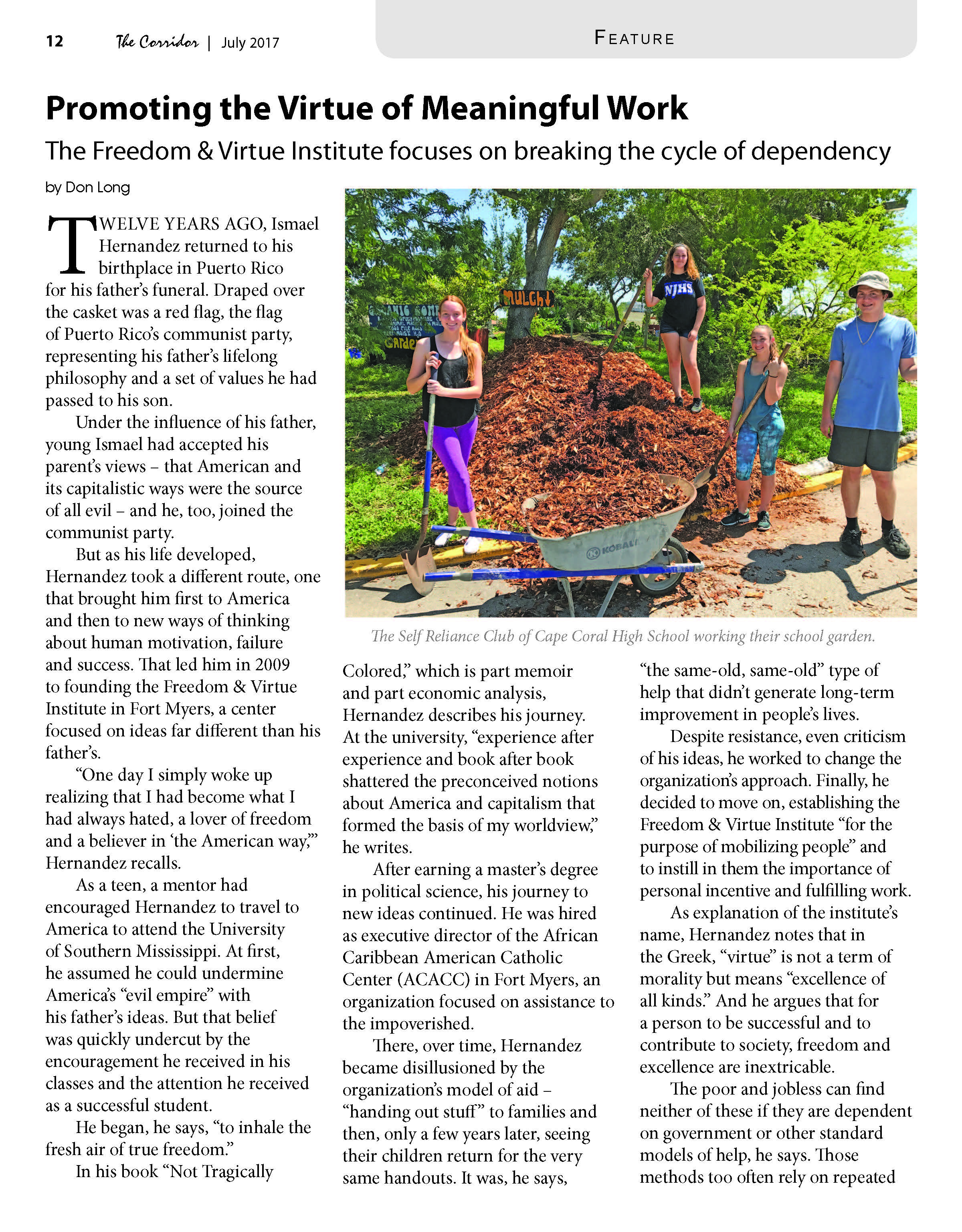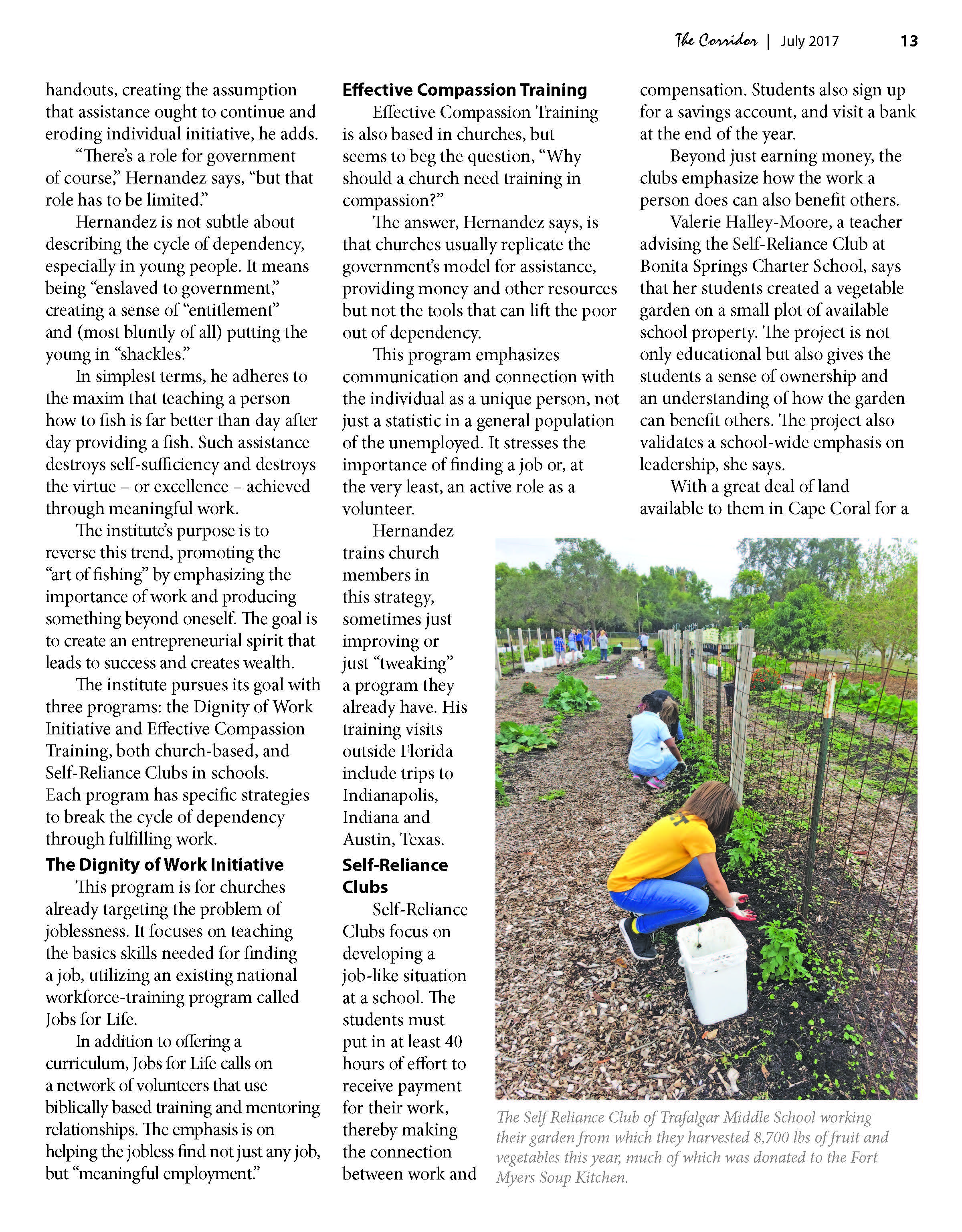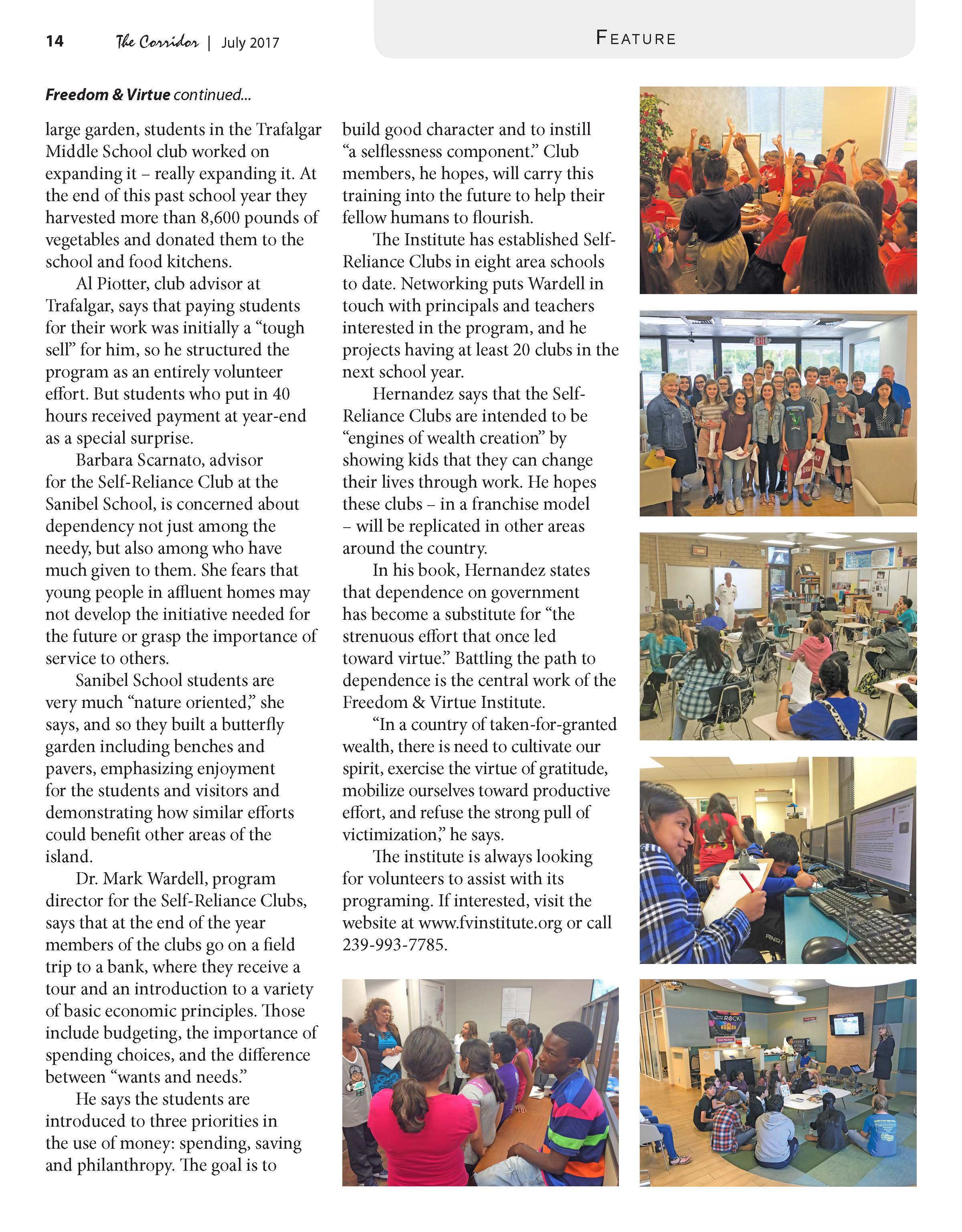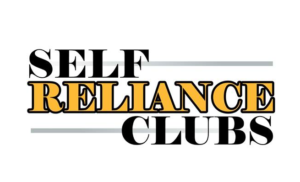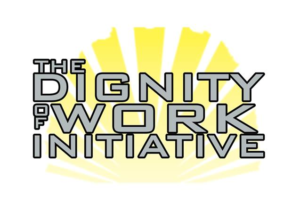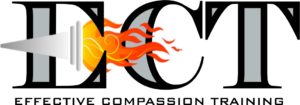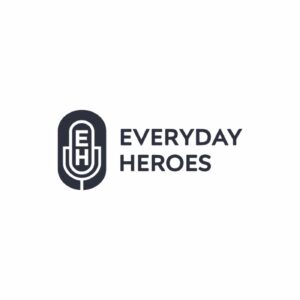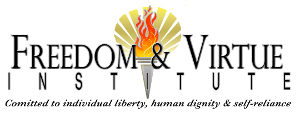Giving From The Heart | By Ismael Hernandez
Recently I joined the board of directors of a local non-profit organization, St. Martin de Porres Ministries. I met the ministry’s founders years ago while they were distributing food to the poor in an inner-city area of Fort Myers. Out of the back of a pickup truck in a parking lot, Mercedes and Fernando Castillo, their children, and a couple of volunteers packed bags of donated food and gently handed it to people waiting in line. There was never a lack of a loving handshake
or a heartfelt embrace.
Most of the time, those waiting in line were Hispanic migrants, with a sprinkle of other ethnicities. Most were women and many of them were there with infants. Why would this humble family take time to do this? I wondered. I found it remarkable that they engaged their children in the process and they all seemed to be having a great time.
People noticed their efforts and rewarded them. Soon, ladies from local churches began to join them and helped them find resources. They understood that their loving efforts needed a structure, piety needed technique. Eventually, the Castillos were able to purchase a building and they are now expanding their services to the community.
Here you have a very humble family receiving no salary and dedicating a good portion of their lives to help others. They became a virtuous magnet whose pull was love. I often take the time to ponder about the meaning of social life after I encounter people like Mercedes and Fernando. I question the way we try to solve problems with “experts” or create huge bureaucracies of compassion within our churches that become feel-good alternatives to an encounter that grows systemically, from the heart.
I’m not trying to judge negatively here. Every person I have ever encountered who is trying to do something for others has always inspired me in some way. Even those whose technique might need some “tweaking” or whose only involvement is to write the occasional check ought to be commended, supported, and encouraged. But our resources are wasted at times because we reject the first principle of what I call the Human Flourishing Model: simplicity.
The Castillos found out that I was offering training on “effective compassion” at a local church and attended. I could see their excitement at the concepts and told me how they have been trying to move in the direction of helping people help themselves for a long time but simply did not know how. I could see the spark in their eyes as they spoke of being able for the first time to articulate what they have felt some time—they knew there was a missing link somewhere but did not know how to identify it and fill the void.
After a few weeks, I was about to begin another Effective Compassion Training session at a different church and I saw the Castillos coming again! They went through the entire training twice. They invited me to join their board and I was delighted. While I am very busy growing the Freedom & Virtue Institute, I just could not say no. My heart remains, after all, the heart of an activist.
Today, the entire board consisting of the same humble ladies with their husbands and a few other good people, is making big plans to transform the ministry into one that remains committed to providing a loving support to people in need; yet, now with a vision of human flourishing that is challenging the way we view the poor. Together we are showing that massive distributions of goods might be only a first step into a different type of service.
We are planning to use adjacent land to start a farm with areas dedicated to each family who regularly comes for food. If they want to continue to receive donated food they will have to tend the garden (Genesis 2:15). Through the help of a few donors, the children in each family will also work the plot with their parents and earn money that will go into a BB&T bank account. The bank account will be a dedicated account to help the children earn money for educational purposes such as school supplies, a backpack, uniforms, and the like.
These are just baby steps but very important ones. These steps are consistent with right order but informed by a profound love for the poor. And I could not be more overjoyed.
